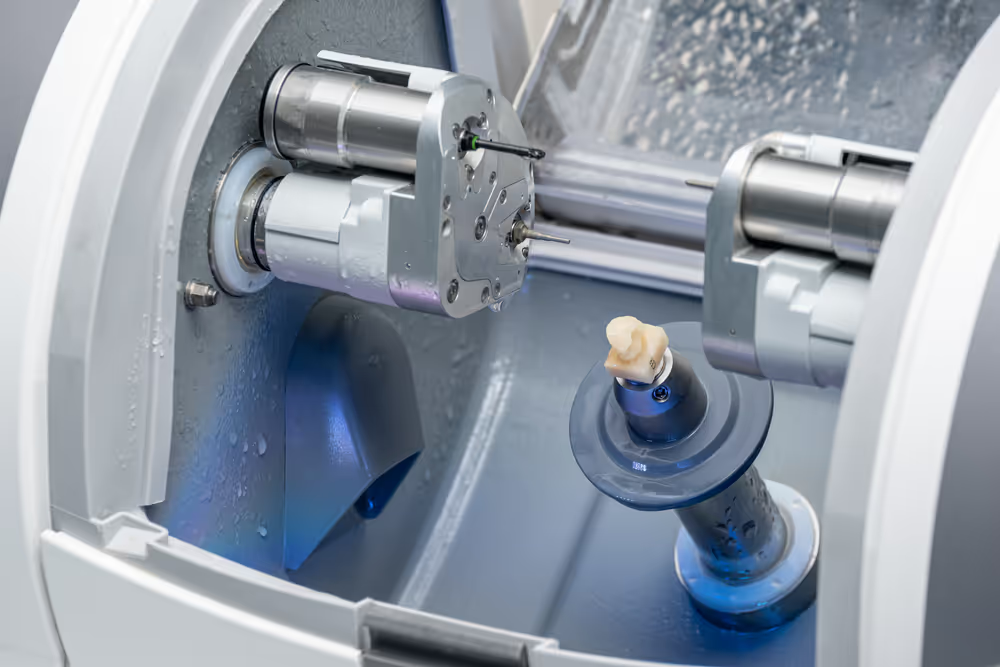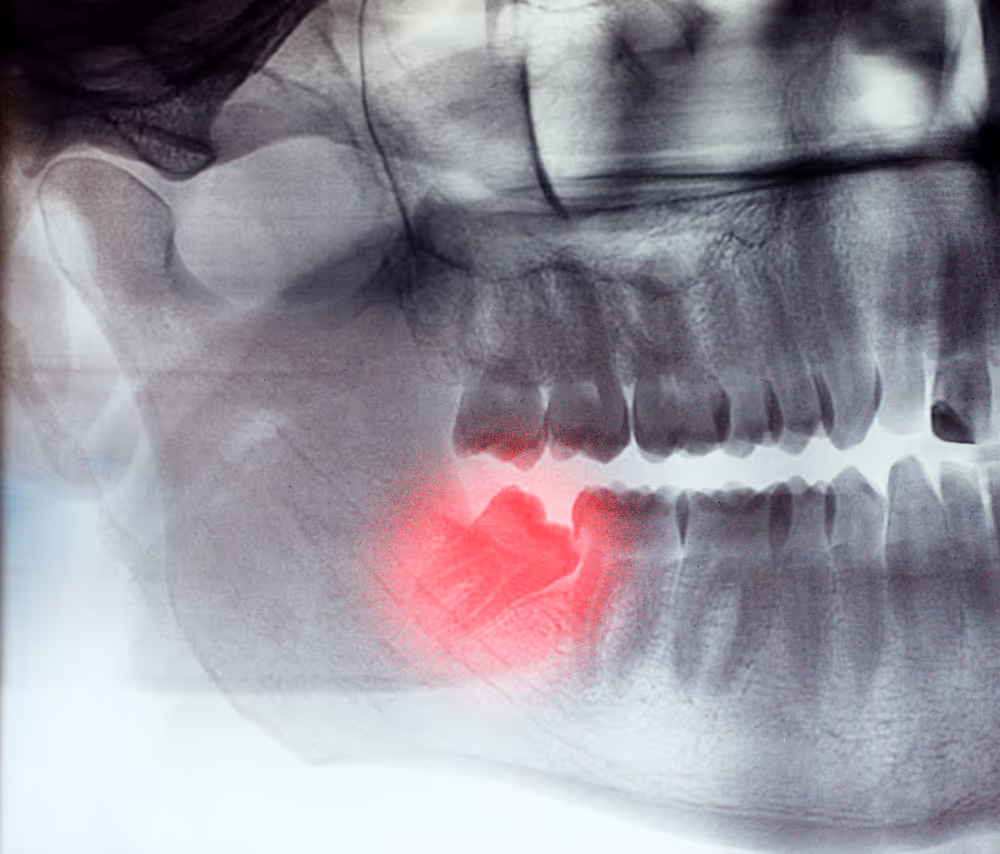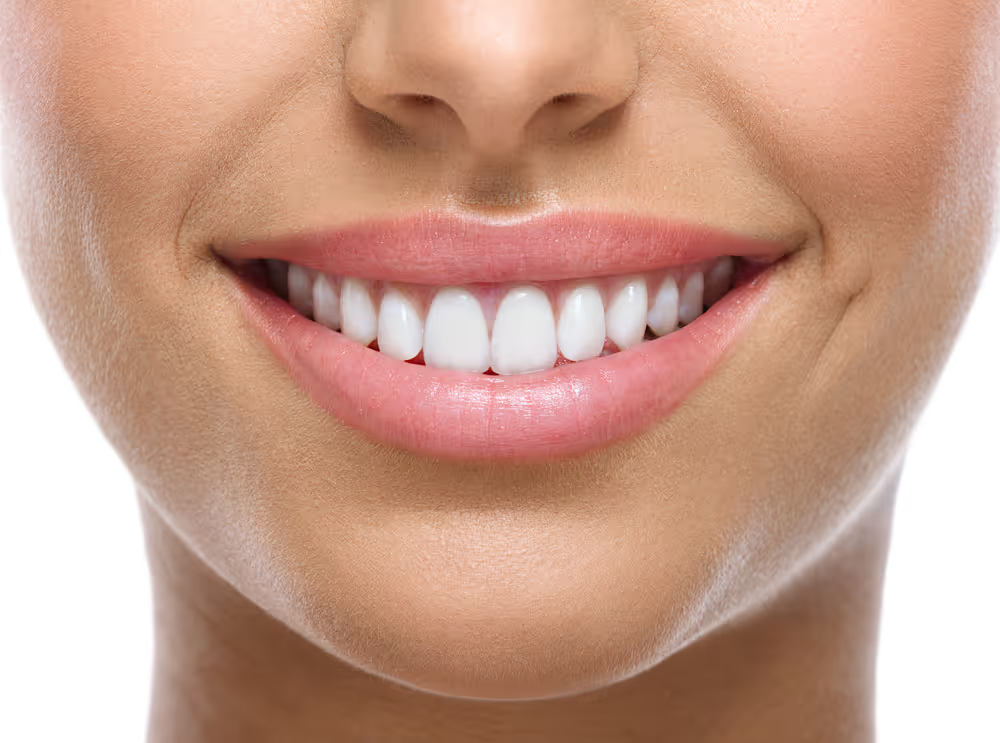Our services
We provide a full range of dental services—covering everything from routine care to complex restorative and surgical treatments. Our approach is grounded in clinical precision, personalised care, and a commitment to long-term results. Every treatment is delivered with thought, care, and the same attention to detail we’d want for ourselves.

Preventive and General Dentistry
Regular check-ups and professional cleans are the foundation of lifelong dental health. At Riseley Street Dental, we approach routine care with the same precision and attention to detail we bring to every treatment. Our comprehensive check-up and clean appointments are designed to keep your teeth and gums in top shape—and catch any issues before they become bigger problems.
Periodontal disease (gum disease) affects far more than just your gums—it’s one of the leading causes of tooth loss in adults and is linked to serious systemic health issues like heart disease, diabetes, and inflammation. At Riseley Street Dental, we take gum health seriously. Our approach to periodontal treatment is comprehensive, evidence-based, and tailored to each patient’s needs.
Despite its reputation, a root canal isn’t a painful procedure. With modern anaesthetics and a gentle, careful approach, treatment is comfortable and straightforward. The confusion often comes from the fact that patients usually need a root canal because they’re in pain—not because the procedure causes it. In reality, it’s what we do to eliminate the pain and save the tooth.
Whether you’re concerned about aesthetics, cracking or leaking fillings, or mercury content, we offer safe, thorough amalgam removal with modern, tooth-coloured alternatives. At Riseley Street Dental, we take pride in doing this work to a high standard—carefully removing old silver fillings using isolation and modern techniques to protect your teeth and overall health.
A well-made mouthguard can protect your smile from serious injury during sport—and it should fit comfortably, stay securely in place, and stand up to impact. At Riseley Street Dental, we create custom sports mouthguards using detailed digital scans, ensuring a precise fit without the need for traditional impressions.
Jaw pain, clicking, stiffness, or facial tension can point to issues with the temporomandibular joint (TMJ) or the muscles that support it. For many patients, symptoms are linked to teeth grinding (bruxism), clenching habits, bite misalignment, or stress-related muscle overuse. Left untreated, TMJ issues can lead to headaches, difficulty chewing, tooth wear, or chronic facial discomfort.
Emergency Dentistry
Teeth can chip or break for a number of reasons—an accident, weakened fillings, or simply biting down at the wrong angle. Whether it’s a minor chip or a more significant fracture, it’s worth getting things looked at sooner rather than later. Even small breaks can progress over time, especially if the tooth is under heavy load or close to the nerve.
Toothaches can range from dull and intermittent to sharp and persistent—and they’re almost always a sign that something’s not right. Whether it’s decay, infection, bite-related strain, or a cracked tooth, the first step is understanding the cause. At Riseley Street Dental, we take the time to properly investigate the problem before recommending treatment.


Restorative Dentistry
Tooth decay, old worn-out fillings, or minor chips can compromise the structure and longevity of your teeth—but with the right materials and technique, small problems can be repaired predictably and beautifully. At Riseley Street Dental, we take pride in performing exceptional-quality fillings using premium materials, careful isolation, and layered placement techniques that restore strength, function, and appearance.
Teeth that are cracked, worn, heavily filled, or missing altogether don’t just affect your smile—they affect your bite, comfort, and long-term oral health. At Riseley Street Dental, we use high-quality ceramic crowns and dental bridges to restore strength, function, and natural appearance—without compromising on aesthetics or longevity.
Surgical Dentistry
Wisdom teeth (third molars) are the last teeth to erupt—often in your late teens or early twenties—and they don’t always play nice. Whether they’re painful, infected, or impacted, wisdom teeth can cause real problems. At Riseley Street Dental, we assess and manage wisdom teeth with precision, clarity, and patient comfort in mind.


Sedation and Anxiety Management
If the idea of dental work makes you anxious—or if you’re facing a complex procedure—IV sedation offers a safe, controlled way to sleep through your treatment. Commonly referred to as sleep dentistry, this form of sedation allows you to be fully asleep, comfortable, and unaware while we complete your dental care.
Cosmetic Dentistry
If your smile looks dull, yellow, or stained, professional teeth whitening can safely and noticeably brighten your teeth—often in just one visit. At Riseley Street Dental, we offer both in-chair and take-home whitening options, using trusted, high-strength products that deliver predictable, long-lasting results without damaging your enamel.
If you’re looking for a straighter, brighter, more symmetrical smile, veneers might be the perfect solution. Veneers are ultra-thin porcelain or composite shells bonded to the front of your teeth to correct imperfections in shape, colour, size, or alignment. At Riseley Street Dental, we take a highly detailed, conservative approach to veneers—customising each one to fit your smile, face, and goals.
Want a straighter smile without metal braces? Clear Aligners use a series of clear, removable aligners to gradually shift your teeth into the right position—quietly, comfortably, and without interrupting your lifestyle. Whether you’ve never had orthodontic treatment or your teeth have moved after braces, Clear aligners can help you achieve a more confident, functional smile without anyone noticing you’re in treatment.


Children’s Dentistry
Let's take care of your smile, the right way.
Experience personalised care, a calming atmosphere, and a genuine passion for detail. Start your journey with a team that focuses on what truly matters.